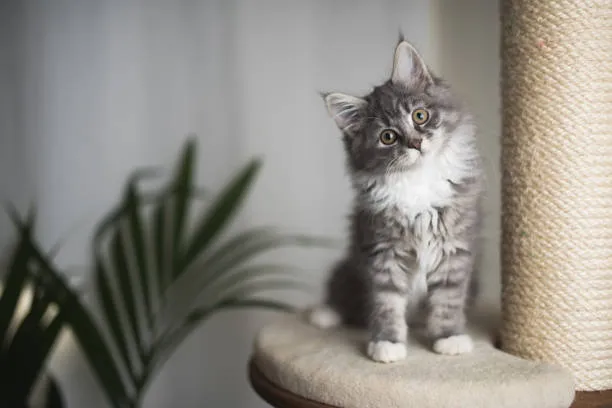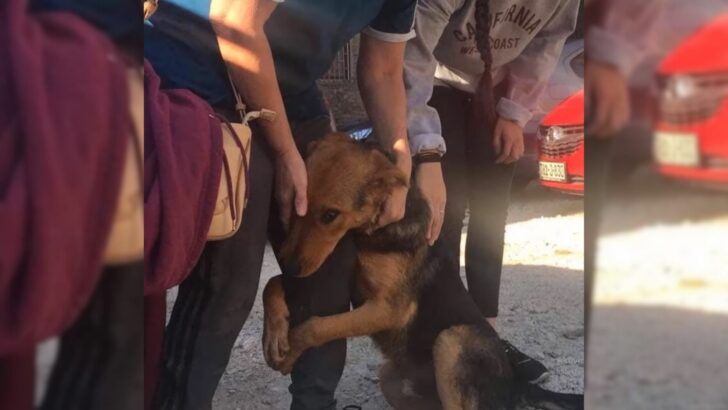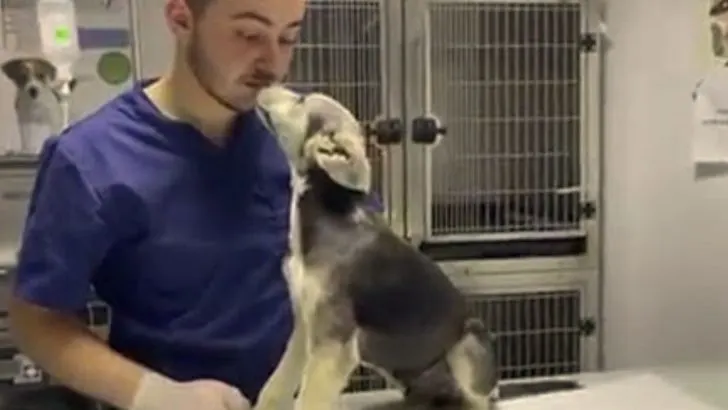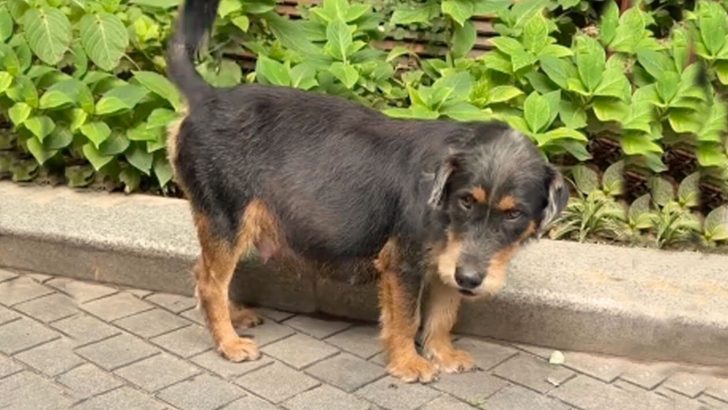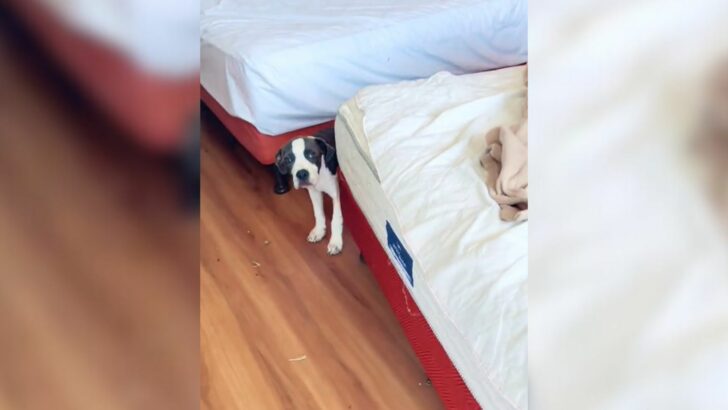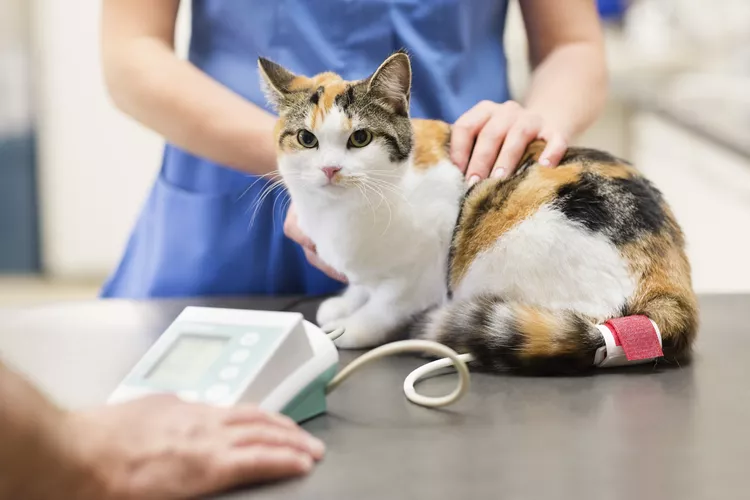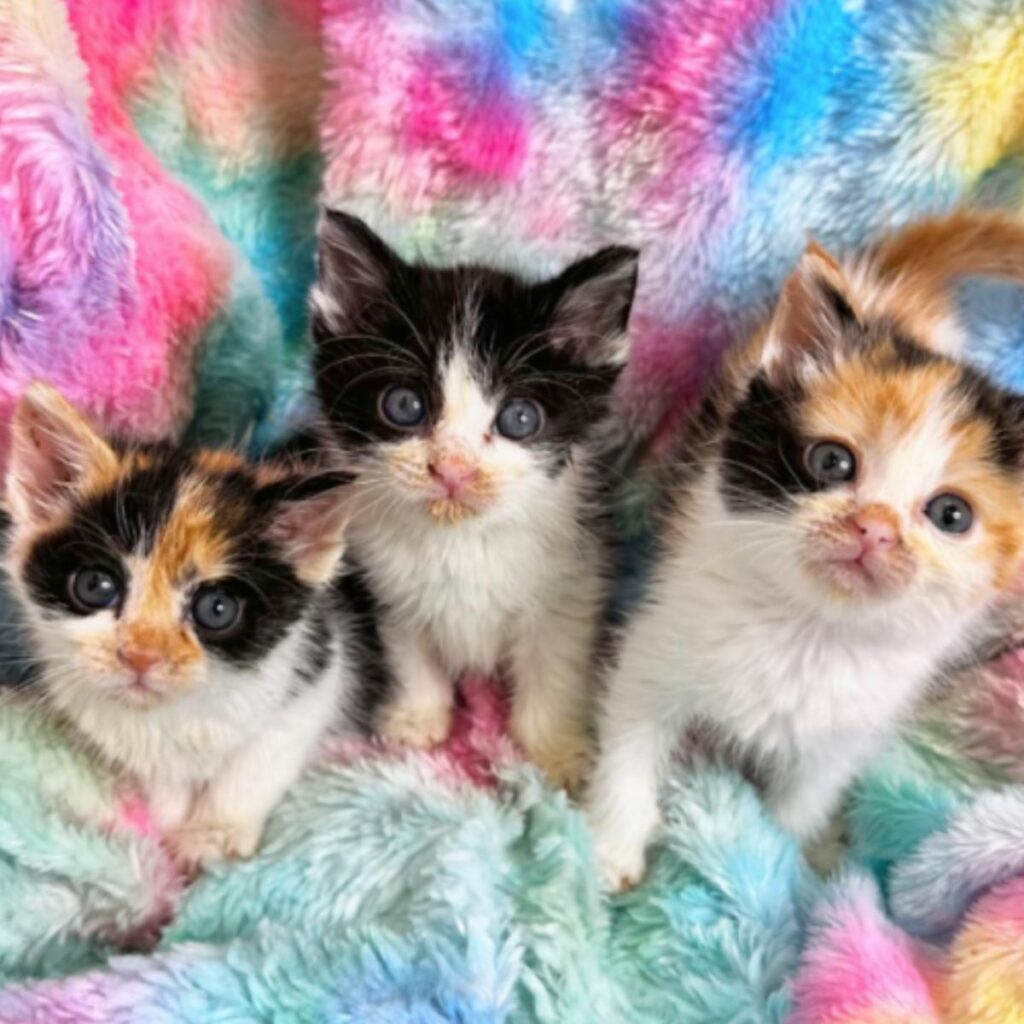Welcome to our comprehensive guide on Maine Coon kitten care! If you’re lucky enough to be the proud owner of one of these gentle giants, it’s important to provide them with the proper care and attention they need to grow up into happy and healthy cats.
As one of the largest domesticated cat breeds, Maine Coons are known for their friendly and sociable nature. With their stunning looks and playful personalities, they make excellent companions for individuals and families alike.
In this article, we will provide you with valuable tips and breed information to help you become a responsible and loving owner. From their early development stages to grooming and nutrition, we’ll cover everything you need to know to ensure your Maine Coon kitten thrives.
So, let’s dive in and discover how to give your Maine Coon kitten the best start in life!
Week-by-Week Care Guide for Maine Coon Kittens
As a responsible and loving owner of a Maine Coon kitten, it’s crucial to understand their specific needs as they grow and develop. In this week-by-week care guide, we will provide you with valuable information on how to care for your newborn Maine Coon kittens until they are ready to leave their mother.
Read more: 6 Games That Humans Can Play with Cats
Week 1: Newborn Kittens
- Handle the newborn kittens with extreme care, ensuring they are kept warm and comfortable at all times.
- Observe their feeding patterns, ensuring that they are nursing from their mother and gaining weight.
- Monitor their elimination to ensure normal bowel movements.
Week 2: Milestones and Mother’s Role
- Continue providing a warm and safe environment for the kittens.
- Watch for their eyes starting to open, allowing them to see the world around them.
- Observe their increasing mobility as they start to explore their surroundings.
- Understand the vital role the mother cat plays in their growth and development.
By following this week-by-week care guide, you can provide the best possible care for your Maine Coon kittens. Remember to give them plenty of love, attention, and a nurturing environment to ensure they grow up to be happy and healthy cats.
Eye Opening and Mobility in Maine Coon Kittens
During the second and third weeks of their life, Maine Coon kittens experience significant milestones in their development. It’s an incredible time as their eyes start to open, revealing the wonders of the world. This is a heartwarming moment that allows you to witness the curiosity and fascination in their gaze.
As their vision improves, Maine Coon kittens also begin to gain mobility. They embark on their journey of learning to walk and play. It’s an adorable sight to behold as they take their first wobbly steps, gradually growing more confident and coordinated.
Walking and playing are essential for the physical and cognitive development of Maine Coon kittens. Through play, they refine their motor skills and learn valuable lessons about balance and coordination. It’s important to provide them with safe and stimulating environments where they can freely explore and engage in playtime.
If you’re lucky enough to have a Maine Coon kitten, you may want to capture these precious moments on camera or video. Videos and photos of these adorable furballs taking their first steps and playfully exploring their surroundings are sure to bring a smile to your face.
Watch adorable Maine Coon kittens taking their first steps:
As your Maine Coon kitten continues to grow, their mobility and playfulness will become even more evident. Embrace these milestones and cherish the incredible journey of watching your kitten transform into a graceful and spirited cat.
Read more: How Long Do Outdoor Cats Live? The Sad Truth
Teeth Development and Water Intake in Maine Coon Kittens
As Maine Coon kittens reach around four weeks old, they begin to experience an exciting milestone in their development—teeth eruption. During this time, their first set of sharp baby teeth starts to emerge. It’s important to pay attention to their dental health to ensure their comfort and overall well-being. Here are some essential tips to support your Maine Coon kitten’s teeth development:
- Provide appropriate chewing outlets: Offer suitable chewing toys or kitten-safe dental chews to help ease your kitten’s teething discomfort. These objects can provide relief by allowing them to nibble and chew, promoting healthy teeth growth.
- Monitor their chewing behavior: Keep an eye on your kitten’s chewing habits to ensure they’re not damaging their teeth or swallowing harmful objects. Supervision is crucial during this stage to prevent accidents and ensure your kitten’s safety.
- Transitioning to a solid food diet: Introduce soft, moistened kitten food specifically designed for their needs. Gradually make the switch from their mother’s milk to solid food, which helps stimulate their chewing reflexes and supports proper jaw development.
While your Maine Coon kitten is still nursing, it’s important to consider their hydration needs as well. Here are some guidelines to follow:
- Introducing drinking water: Start introducing small amounts of fresh, clean water to your kitten’s diet around the same time they begin eating solid foods. Offer it in a shallow dish that they can easily access. Monitor their water intake to ensure they stay well-hydrated.
- Supplementing with wet food: Wet cat food has higher moisture content, which helps keep your kitten hydrated. Incorporate wet food into their diet alongside dry food to provide additional hydration.
Grooming is another important aspect of caring for your Maine Coon kitten. Their long, fluffy coats require regular maintenance to keep them clean and tangle-free. Here are some grooming tips to follow:
- Brushing: Use a fine-toothed comb or a brush specifically designed for long-haired cats to remove any tangles or mats in your kitten’s fur. Regular brushing will help prevent hairballs and promote a healthy coat.
- Bathing: While Maine Coon kittens generally don’t require frequent baths, occasional baths may be necessary if they get excessively dirty or develop skin issues. Use a gentle cat-specific shampoo and ensure the water temperature is lukewarm to avoid discomfort.
- Nail trimming: Regularly trim your kitten’s nails using cat-friendly nail trimmers to prevent them from becoming too long and causing discomfort or injury. Be cautious not to cut into the quick, which can cause bleeding and pain.
By providing proper dental care, ensuring adequate water intake, and following a regular grooming routine, you can contribute to the overall well-being and happiness of your Maine Coon kitten.
Read more: 7 Facts About Bengal Cats: Feline Charms Unveiled
Maine Coon Kitten Playtime and Socialization
Playtime and socialization are essential for the healthy development of Maine Coon kittens. Through play and interaction, these adorable furballs learn valuable skills like hunting instincts and social behaviors. It is crucial to provide them with stimulating toys and ample opportunities for play to foster their physical and mental growth.
One of the most heartwarming aspects of Maine Coon kitten playtime is their play fighting behavior. These tiny fighters engage in adorable mock battles, playfully swatting and pouncing on each other. This play fighting helps them develop coordination, reflexes, and strength.
To create a safe and enriching environment for your Maine Coon kitten’s playtime, consider the following tips:
- Provide a variety of toys: Interactive toys like feather wands, mice toys, and puzzle toys can keep your kitten entertained and mentally stimulated. Rotate the toys frequently to keep their interest piqued.
- Set up play areas: Designate specific areas in your home where your kitten can play freely. These areas can include cat trees, scratching posts, and tunnels for them to explore and climb on.
- Engage in interactive play: Dedicate regular play sessions where you actively engage with your kitten using toys. This will strengthen the bond between you and help them learn important social skills.
- Encourage exploration: Maine Coon kittens are curious by nature. Provide opportunities for them to explore new environments, such as supervised outdoor play or a safe enclosed space indoors.
Additionally, socialization plays a crucial role in shaping your Maine Coon kitten’s behavior. Exposing them to a variety of people, animals, and environments early on helps them become well-adjusted and friendly adult cats. Here are some tips for successful socialization:
- Introduce them to different people: Invite friends and family over to interact gently with your kitten. This will help them become comfortable around different individuals.
- Gradually introduce other pets: If you have other pets, introduce them to your Maine Coon kitten slowly and under supervision. This gradual introduction allows for positive associations and reduces the chances of conflict.
- Expose them to new experiences: Take your kitten on short outings in a carrier or stroller to expose them to new sights, sounds, and smells. This will help them adapt to different environments and become more confident.
By prioritizing playtime and socialization, you are providing your Maine Coon kitten with the foundation to become a well-rounded and happy cat. So, grab those toys, get down on the floor, and embark on a joyful journey of play and growth with your adorable Maine Coon companion!
Health and Nutrition for Maine Coon Kittens
Maintaining the health and nutrition of your Maine Coon kitten is crucial to ensure their overall well-being. These gentle giants require special care and attention to grow up as happy and healthy cats.
When it comes to their diet, Maine Coon kittens have specific dietary needs. Feeding them a balanced and nutritious diet is essential. Consider providing them with high-quality kitten food that is formulated to meet their growing needs. A diet rich in protein, vitamins, and minerals will support their development and keep them energetic.
In addition to nutrition, it’s important to be aware of common health issues that may affect Maine Coon kittens. Hypertrophic cardiomyopathy and polycystic kidney disease are more prevalent in this breed. Regular veterinary check-ups and early detection are crucial. By observing their behavior and monitoring their health, you can quickly identify any potential issues and take appropriate action.
Grooming is also an essential part of their health routine. With their thick and luxurious coat, maintaining their grooming needs is important to prevent matting and skin issues. Regular brushing and occasional baths will keep their coat healthy and reduce shedding.
